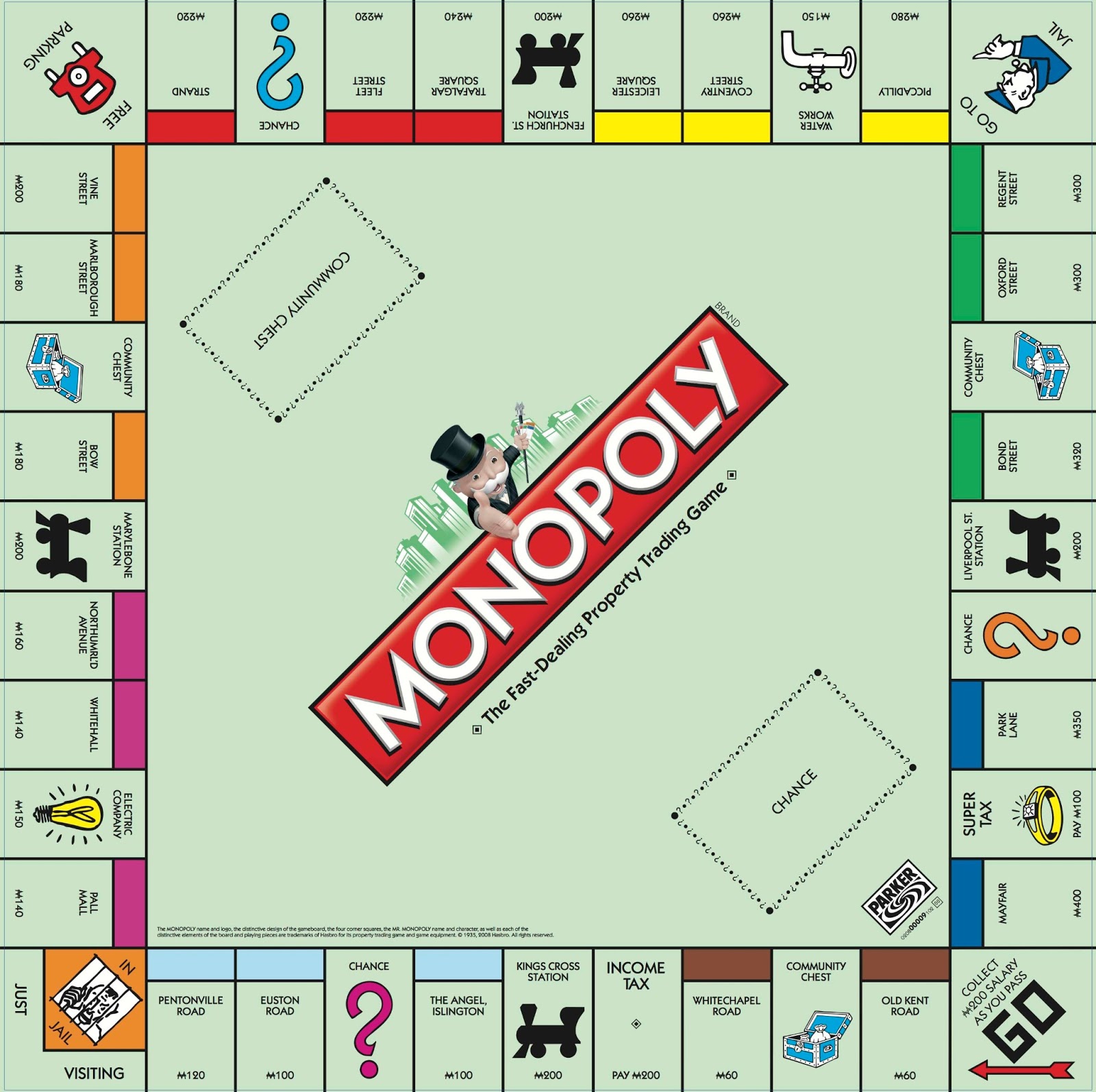

This cookie is native to PHP applications. This is a Microsoft SharePoint cookie for internal use of the application. General purpose platform session cookies that are used to maintain users' state across page requests. The cookie is used to store a summary of the consent given for the use of cookies. The cookie is used to remember the user consent for the cookies under the category "Performance". This cookies is set by GDPR Cookie Consent WordPress Plugin. The purpose of this cookie is to check whether or not the user has given the consent to the usage of cookies under the category 'Performance'. This cookie is set by GDPR Cookie Consent plugin. The cookies is used to store the user consent for the cookies in the category "Non Necessary". The cookies is used to store the user consent for the cookies in the category "Necessary". The cookie is used to remember the user consent for the cookies under the category "Analytics". Stores the user’s consent on the current domain. These cookies do not store any personal information. This category only includes cookies that ensures basic functionalities and security features of the website.

Necessary cookies are absolutely essential for the website to function properly. In addition, ICC proposes a model Dispute Board Member Agreement, covering such matters as the DB Member’s undertaking and remuneration, as well as the duration of the agreement. For this purpose, ICC proposes three standard ICC Dispute Board Clauses (“Clauses”)-providing respectively for the three DB types. Parties wishing to use the Rules are advised to include an appropriate clause in their contract. There is a contractual obligation to comply with recommendations and decisions-when so required-by disallowing objections on the merits as a defence to non-compliance and through explicit use of the terms “final” and “binding.” They normally issue recommendations but may also issue decisions if a party so requests and no other party objects or the DB so decides on the basis of criteria set out in the Rules. Finally, Combined Dispute Boards (CDBs) offer an intermediate solution between DRB and DAB.

However, become so if no party objects within 30 days. On the other hand, Dispute Review Boards (DRBs) issue recommendations that are not immediately binding on the parties. Dispute Adjudication Boards (DABs) issue decisions that must be complied with immediately. The Rules give parties a choice between three types of DB-each of which are distinguished by the type of conclusion it issues upon a formal referral. Each of these functions is of equal importance in helping to reduce the risk and cost of disruption to the parties’ contract. Alternatively, the DB could also determine a dispute through a recommendation or a decision issued after a procedure of formal referral. If this is impossible or the disagreement is too entrenched, the DB can intervene with informal assistance to help the parties resolve the matter by agreement. The Rules explicitly provide that, upon perceiving a potential disagreement, the DB may identify the disagreement and encourage the parties to resolve it on their own without further involvement of the DB. They emphasise the importance of informal and formal approaches to disputes. They cover such matters as the appointment of the dispute board member(s) the services they provide and the compensation they receive.ĭBs have three basic functions. The ICC Dispute Board Rules (“Rules”) consist of a comprehensive set of provisions for establishing and operating a DB. These areas includes research and development intellectual property production sharing and shareholder agreements. Although commonly used in construction projects, DBs are also effective in other areas. Typically set up upon the signature or commencement of performance of a mid- or long-term contract, they are used to help parties avoid or overcome any disagreements or disputes that arise during the implementation of the contract. A Dispute Board (“DB”) is a standing body composed of one or three DB Members.


 0 kommentar(er)
0 kommentar(er)
